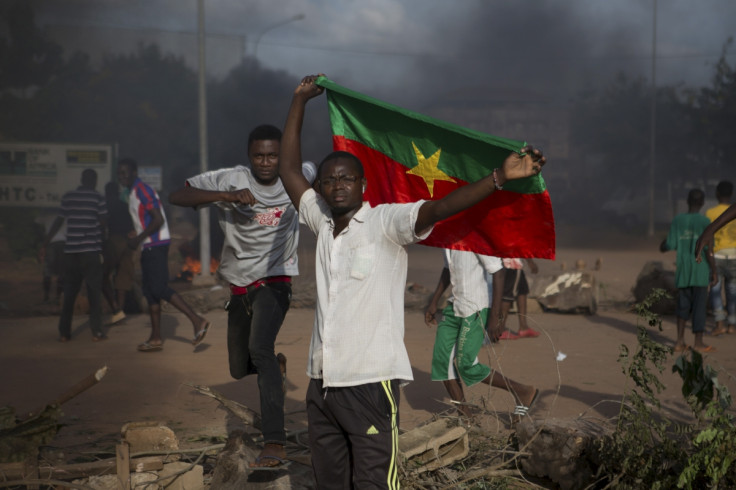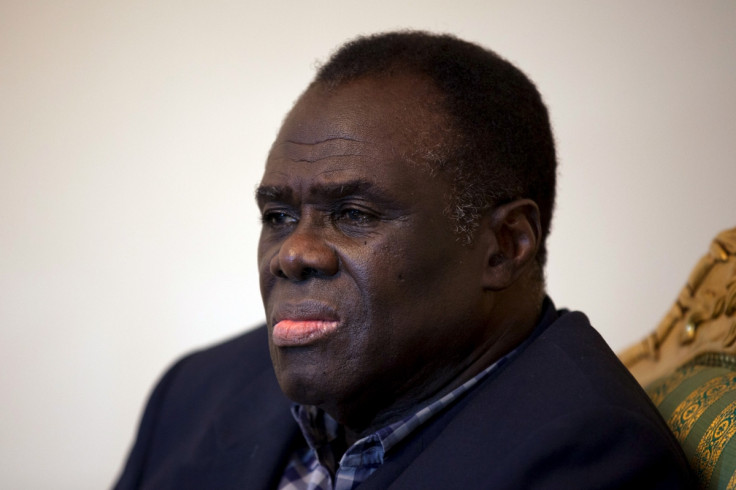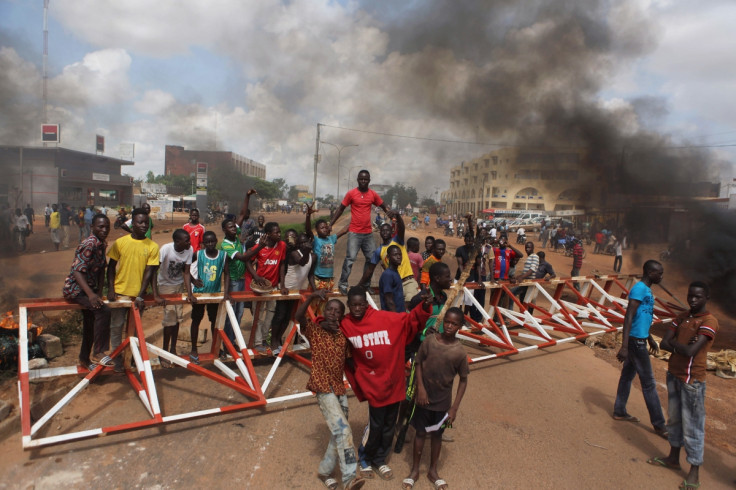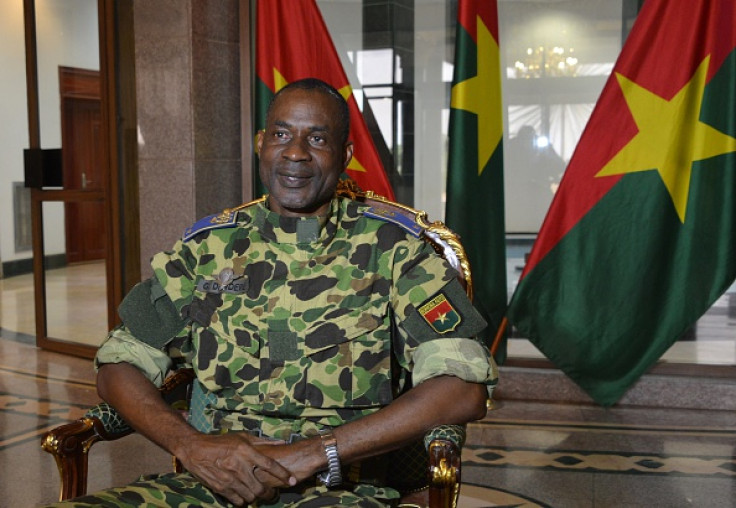Burkina Faso: Deposed president Kafando will be returned to office on 23 September, says coup leader

Burkina Faso's interim president Michel Kafando, who was deposed during a military takeover last week, has returned to office after the leader of the coup agreed to put Kafango back in charge on Wednesday 23 September.
The coup was carried out by the elite presidential guard, which had remained loyal to the previous leader Blaise Compaore who was deposed during a popular uprising in October 2014 after he sought to extend his time in office.
The guard first detained transitional leader Kafando, prime minister Yacouba Isaac Zida and two other ministers and established a new National Democratic Council (NDC), before releasing the hostages – with the exception of Zida.
Kafando to return to office on Wednesday

General Gilbert Diendere, a former ally of Compaore who was appointed as head of the NDC, said on 22 September he would hand over power and Kafando would be returned to office the next day.
Kafondo was sworn into his post for the transitional period of one year on 21 November 2014 after being chosen by a committee set up after Compaore resigned and fled on 31 October in the face of mass protests against his attempt to change the constitution and extend his 27-year rule.
The return of transitional leader "Kafando is already a done deal. The (African) heads of state arrive tomorrow to put him back in office," Diendere said.
Following an emergency meeting of the Economic Community of West African States (ECOWAS) held in Abuja, Nigeria, the leaders of Nigeria, Benin, the Niger Republic, Togo, Ghana and Senegal said they would travel to Burkina Faso with their military chiefs on 23 September to put Kafando back into power. The bloc also called on the junta to lay down its arms, and recommended an inclusive democratic process.
Tense stand-off in the capital

Soldiers from around the country, meanwhile, converged on the capital Ouagadougou in a show of force to convince the coup supporters to surrender, and were cheered on by civilians on 22 September.
Fearful residents subsequently retreated to their homes after Diendere's presidential guard, which carried out the coup, failed to respect a 10am (GMT) deadline set by the military for the guards to return to their barracks.
Diendere, however, told the Associated Press in a phone interview on 22 September he would hand over power when ECOWAS requests it.

"I will hand over power to a civilian on the date recommended by the ECOWAS summit. I do not want to play a particular role in the transition," the former commander of the presidential guard said. "I do not want to be prime minister."
Diendere told a news conference on 22 September he wants to avoid fighting between rival military units, saying troops "will find a solution between brothers in arms to avoid confrontations".
Compaore was toppled last October during the "Black Spring" protests after he sought to amend the constitution to run in October's presidential election.
Update:
23 Sept 2015 11:26 Burkina Faso's interim President Michel Kafando has announced he is back in charge and civilian rule restored after last week's military takeover.
"Dear compatriots, I am free of my movements and resuming service. The transition is back and is resuming the exercise of power," Kafando told journalists.
"We are proud of the mobilisation and fearlessness of the people of Burkina Faso, in particular of its youth, whose determination has stopped" the coup succeeding, Mr Kafando said.
"I salute the international community for having rejected unequivocally this action...
"Regarding the Ecowas proposals for a solution to the crisis, it is obvious that we will only commit to them if they take into account the will of the Burkinabes."
General Diendere, meanwhile, welcomed ECOWAS leaders when they arrived to oversee the transfer of power.
According to the general, the presidential guard agreed to a deal reached overnight with the regular army to avoid violence in which the elite guard accepted to return to barracks and the regular army to withdraw from Ouagadougou.
The deal seems to have ended the 24-hour stand-off that started on Tuesday.
© Copyright IBTimes 2024. All rights reserved.







